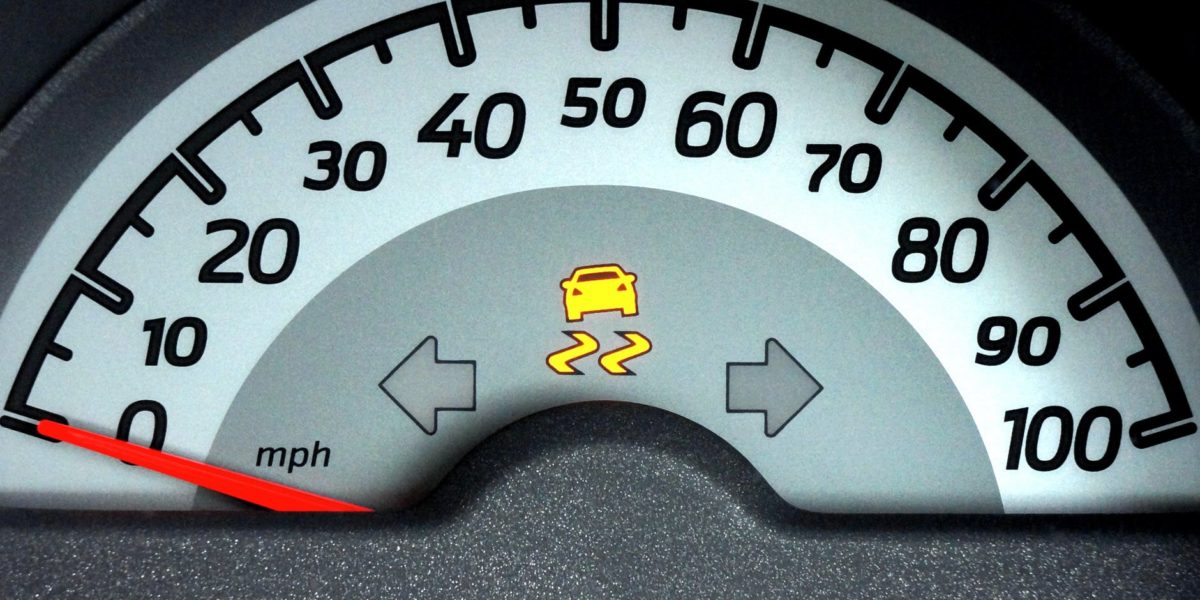Is it time to prosecute the 1mph speeders?
We want yo know your thoughts - Vote thumbs up or thumbs down
Rod King MBE – Founder & Campaign Director at 20’s plenty for us
YES:
Chief Constable Antony Bangham’s point is a very salient one. Limits are set by the responsible traffic or highway authority and under road traffic law it becomes an offence to exceed that limit. Police may have discretion at the level at which they enforce, but it is their discretion and not a charter to speed. Some have mistakenly quoted the need to allow for speedometer errors, but this is a sham. The relevant Motor Vehicles (Approvals) Regulation specifies that any tolerance in a speedometer MUST be in reading high but never reading low. Hence even taking into account tyre wear and other factors, a speedometer will never mislead the driver into exceeding a limit. We have also witnessed some hand wringing by the likes of the AA president saying that “The last thing we want is drivers glued to the speedometer 100% of time.” This is entirely fallacious, for the speed at which police enforce is not one that causes such action. The idea that a driver keeping to a 70mph limit on a dual carriageway has greater need for speedo watching than one keeping to 68mph (60 + 10% +2mph) on a country road is ridiculous. Well said Anthony Bangham. Driving above the posted speed limit is an offence and those doing so should be at risk of the strong arm of the law catching and deterring them from doing so.
Edmund King OBE – AA President
NO:
Chief Constable Bangham has a very valid point – speeding is dangerous. We are all well aware of the heart-breaking consequences. But the best laws and best speed limits are those that are understood and self-enforcing. Some degree of flexibility is needed, and the whole point about the tolerance of “10% plus 2mph”, is to allow for differing calibrations on both the camera capturing the speed and the speedometer of the offending vehicle. Also, we don’t want drivers to be so paranoid about being 1 mph above or below the speed limit that they concentrate on the speedo rather than on the road ahead. A tolerant society is not necessarily a weak one. Speeders should have opportunity to be re-educated through a speed awareness course, which can be enough to change the behaviour of drivers – 90% of attendees recommend them. It would also be difficult to enforce on a practical level. Speed cameras are part of the arsenal, but part-time too. Added to that are the cuts to specialist roads policing officers, reduced by more than a third over 10 years. Let’s see the laws of the land enforced by consensus, more cops in cars, relevant speed limits enforced, and a degree of flexibility that allows for common sense rather than dogma.






